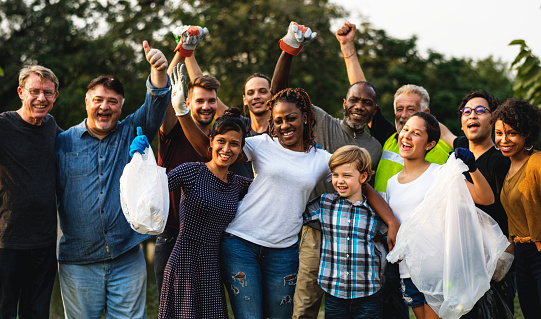
With COVID-19 putting a halt to many students’ planned work experience, you may be wondering, what next? The answer: volunteering!
Whether it’s volunteering to distribute medications for local pharmacies or ringing to check on isolated people, there are plenty of ways to get involved and demonstrate some very key skills needed for medicine.
If you are a healthy young person, how are you helping out your community during this difficult time?How could you incorporate that into your Medicine personal statement or talk about it in a future interview? Volunteering is a brilliant experience that can teach you a lot – but can be really difficult to talk about in terms of medicine.
The good thing is pretty much anything you do on a voluntary basis can be linked to qualities you have that will make you a better doctor. Here are some things voluntary work teaches you, regardless of the type of work.
1. Time management
Setting aside time every so often to volunteer takes some skill. Whether you manage it as a set time every week, or slot it in around your work, preparing for and undertaking volunteering means you need to be on top of your calendar at any given moment. You might be working for free, but people still expect you to turn up when you said you would and do a good job.
Perhaps you manage it around a really heavy course load, perhaps you do it only when you have weeks of time off – but even so, sitting down and organising time to go somewhere new and spend time working is a commendable skill, and something all doctors need.
There are going to be hundreds of times in your career when you could stay after work and do more for patients – but knowing when this is needed, and also when you need that time for yourself is really important.
2. Dedication
Volunteering gives you a lot of skills and is a mutually beneficial process, but it won’t always feel like that. There are times when you’ll drag yourself in to help others, and despite doing a brilliant job for someone else, you’ll come home feeling like your time could have been better spent doing something for yourself, or getting paid to do the same job.
Medicine is just like this – you’ll come home from university tired and wishing you’d spent the day at home revising, when you’ve actually spent the day talking to a lonely older person or doing cannulas so that the junior doctor has time to see patients.
Turning up day in, day out without there being an immediate benefit for yourself is an essential part of being a doctor and persevering is crucial – and volunteering is an easy way to show you understand this.
3. New skills
Whether you’ve now got amazing active listening skills from talking to isolated people or you’re a whiz with paperwork now you’ve worked for a charity, pretty much anything you learn from volunteering can be matched with a skill in medicine.
Doctors really are a jack of all trades and need to be able to adapt quickly – so the more skills you have, the quicker you’ll be able to get the job done. It might be that you’re now amazing at deciphering what toddlers need, or you’ve spent a long time working out just how to communicate with a particularly angry person.
Maybe you’re a dab hand at knowing when someone needs a cup of tea, or you’re sensitive enough to know when that cup of tea needs to be a cup of tea and a natter.
It might be your volunteering had no human contact whatsoever, but you’re able to recognise the value of good record keeping and communication on paper.
So how do I apply it to medicine?
First of all, try writing out each of the skills you think you’ve gained from volunteering, whether they’re medicine related or not. Make sure you include hard work and organisation in there too!
Then, try and work out a way a doctor might use this skill in their day to day practice. Remember, medicine isn’t all about patient communication- you need to be practical (think of all the procedures you’re going to do!), efficient (think of all the paperwork), hard-working, empathetic, cheerful…
Even doing volunteer work on top of an already heavy workload is impressive and shows you can do extra things to help yourself and your community develop. That’s essential when you think of the extra exams, studying and keeping up to date with research that you’re going to have to do – so well done you!
Words: Katie Hodgkinson
